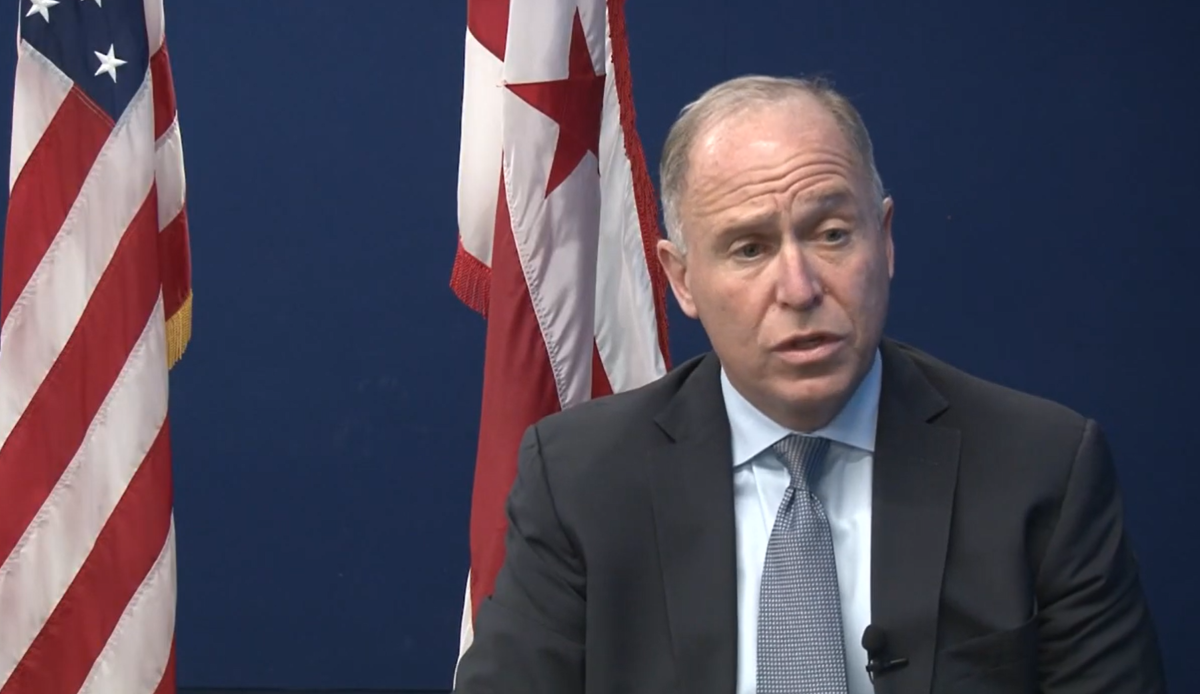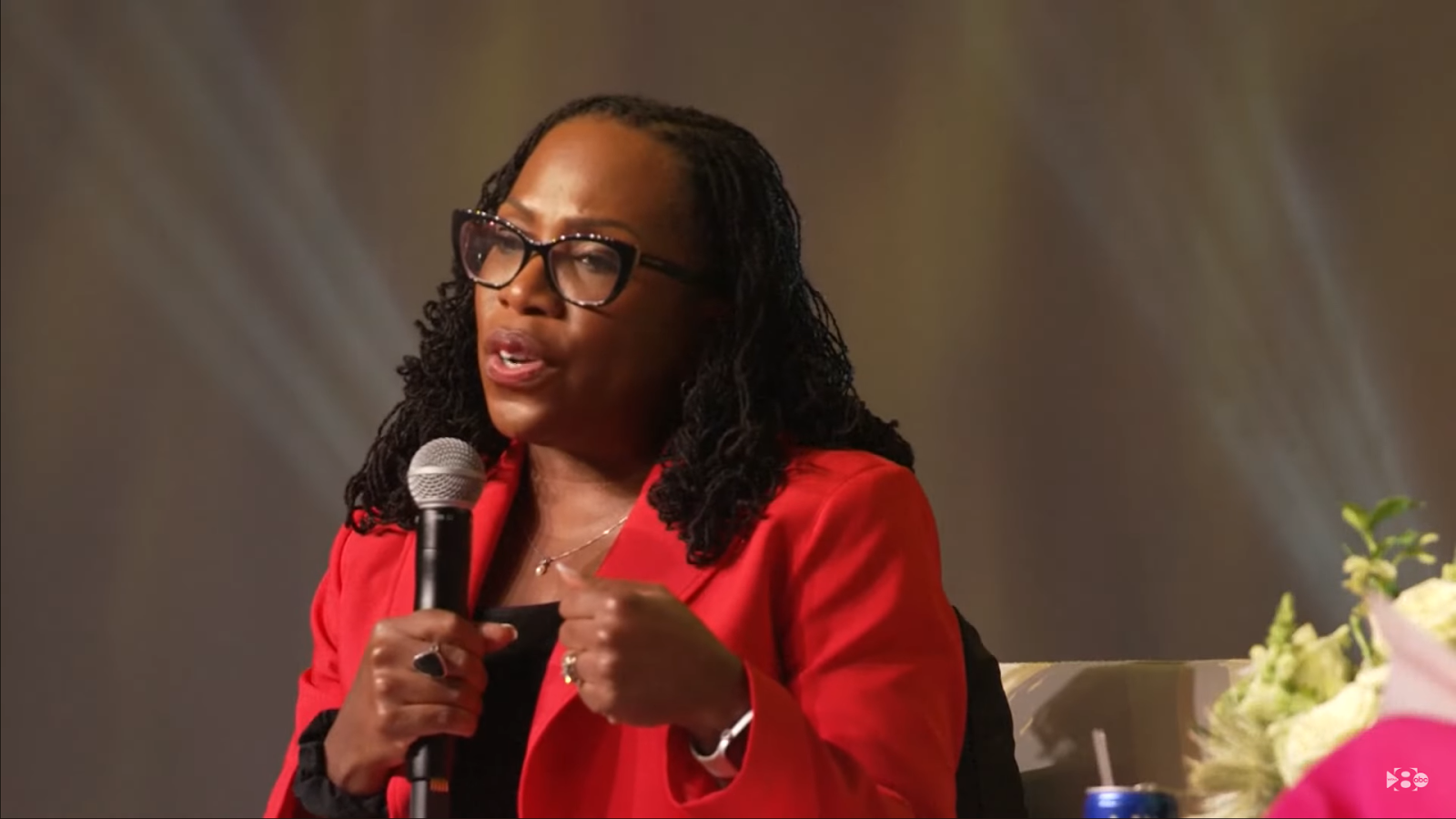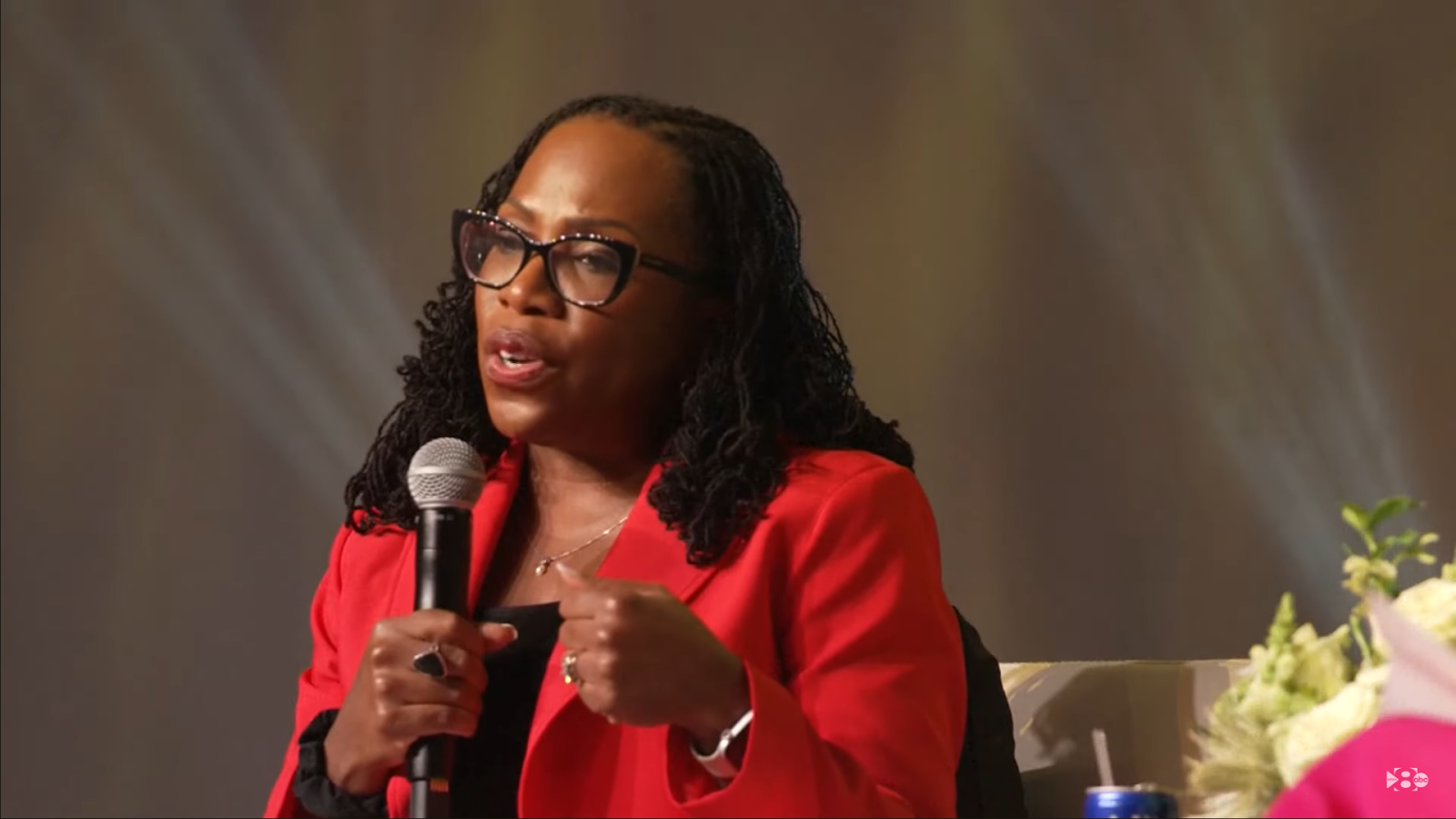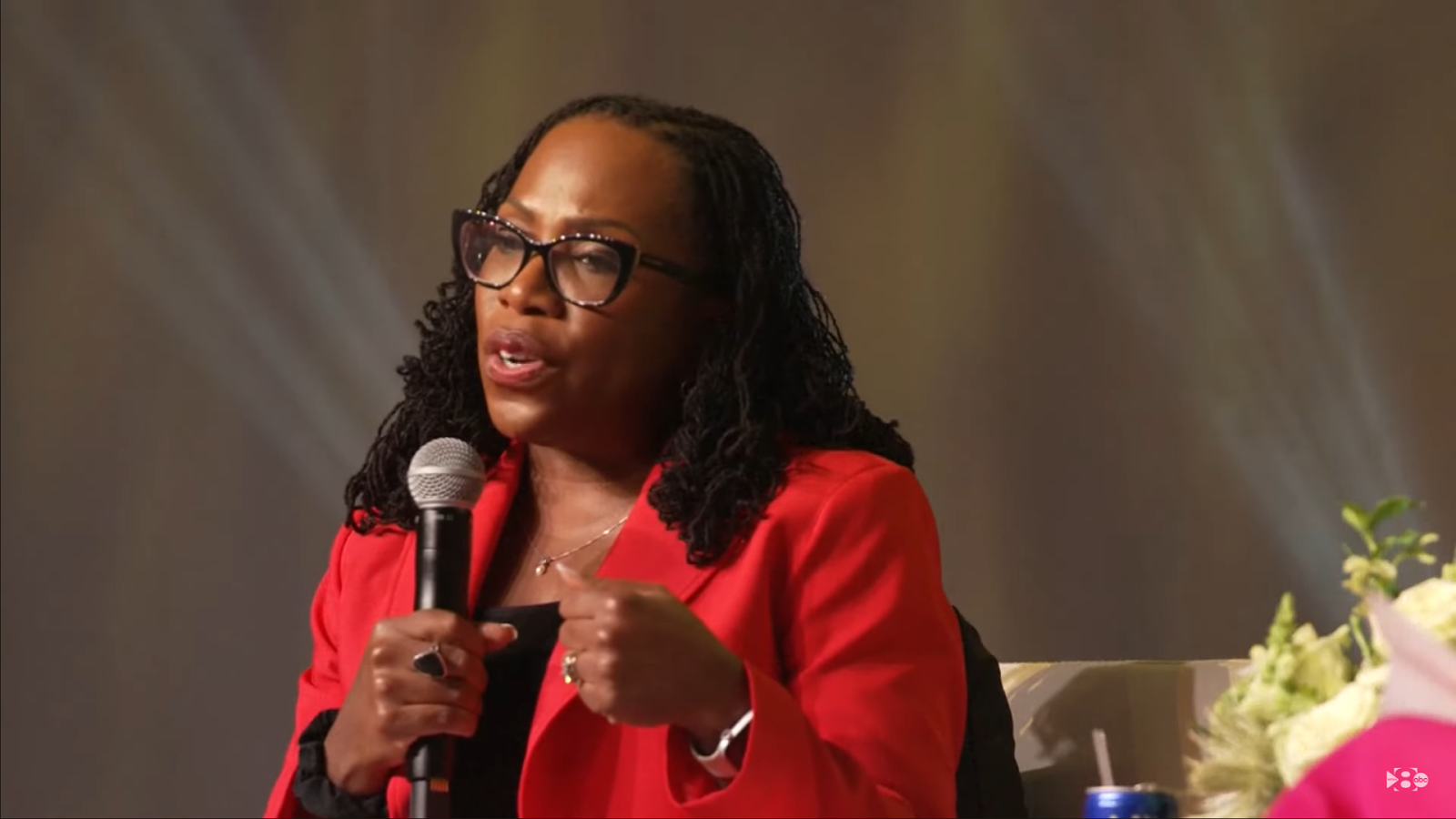Washington, D.C. Attorney General Brian Schwalb has filed a lawsuit against the Trump Administration, seeking to block its recent actions that he claims unlawfully assert federal control over the Metropolitan Police Department (MPD). The lawsuit comes in response to President Trump’s executive order, which invokes a provision of the District of Columbia Self-Government and Governmental Reorganization Act, allowing the federal government to manage local police operations during a declared public safety emergency.
On August 14, 2025, Schwalb announced the legal challenge, stating, “We are suing to block the federal government takeover of DC police. By illegally declaring a takeover of MPD, the Administration is abusing its temporary, limited authority under the law. This is the gravest threat to Home Rule DC has ever faced, and we are fighting to stop it.”
The backdrop to this legal action includes a significant rise in crime in Washington, D.C., prompting Trump to declare a public safety emergency and mobilize the National Guard. This executive order, issued on August 11, allows federal authorities to take control of local law enforcement in response to what the administration describes as rampant crime in the capital.
A key element of the controversy is Attorney General Pam Bondi’s order appointing DEA Administrator Terry Cole as the emergency police commissioner. Cole is set to assume all powers and duties of the Chief of Police, a move that Schwalb argues undermines local governance.
In a letter to MPD Chief Pamela Smith, Schwalb expressed his belief that the Bondi Order is unlawful and stated, “Regardless of the Bondi Order, no official other than you may exercise all the powers and duties of the Chief of Police or issue any executive orders, or other written directives that apply to members of MPD.”
Schwalb’s lawsuit seeks to prevent Cole from taking command of the MPD, asserting that the federal government’s authority over D.C. is not absolute and should only be exercised in specific, temporary circumstances. He emphasized that the law requires local officials to provide MPD services for federal purposes only at the President’s request during emergencies.
The lawsuit has drawn mixed reactions. Supporters of the federal intervention argue that the rising crime rates necessitate immediate action and that federal oversight could restore order. Critics, including Schwalb and D.C. Mayor Muriel Bowser, contend that such measures threaten the autonomy of local governance and the rights of D.C. residents.
In a statement, Bowser reinforced the city’s position, saying, “Let us be clear about what the law requires during a Presidential declared emergency: it requires the mayor of Washington, D.C. to provide the services of the Metropolitan Police Department for federal purposes at the request of the President. We have followed the law.”
As the lawsuit progresses, the implications for local governance and public safety in Washington, D.C. remain uncertain. Schwalb’s office has committed to defending the rights of D.C. residents and maintaining local control over the police department, asserting that the current situation is an affront to the dignity and autonomy of the 700,000 residents of the capital.
The case is set to be heard in the U.S. District Court for Washington, D.C., where the outcome could have significant ramifications for the balance of power between local and federal authorities in the nation’s capital.
READ ICE Arrests Convicted Criminals in Nationwide Operation



